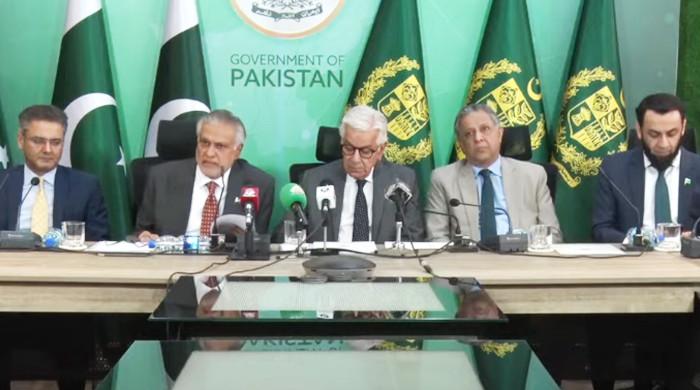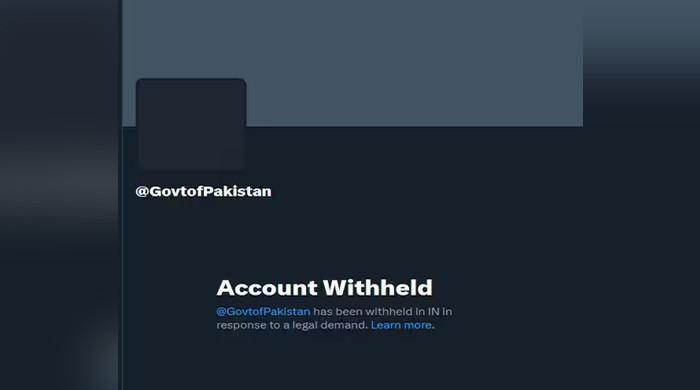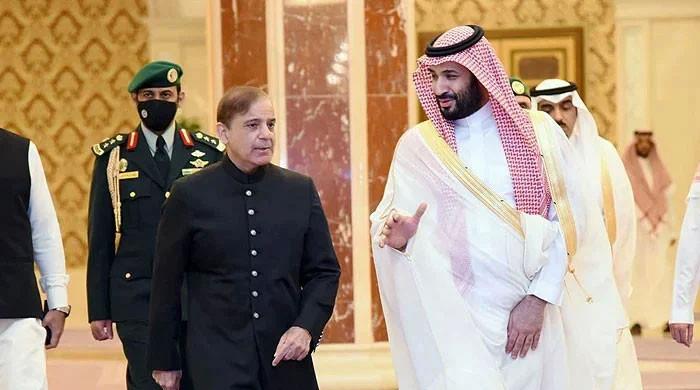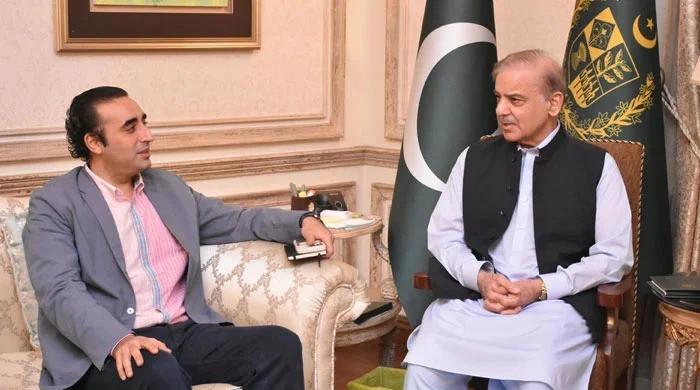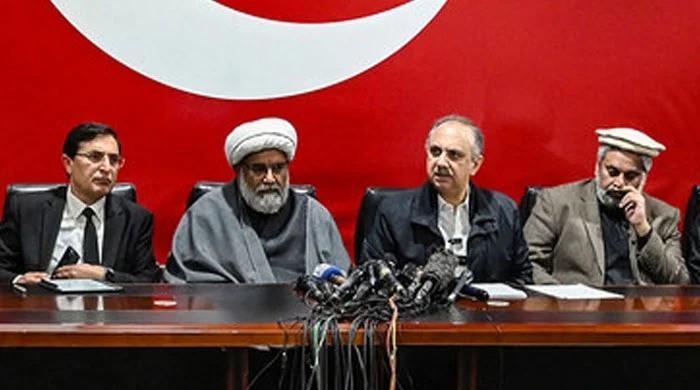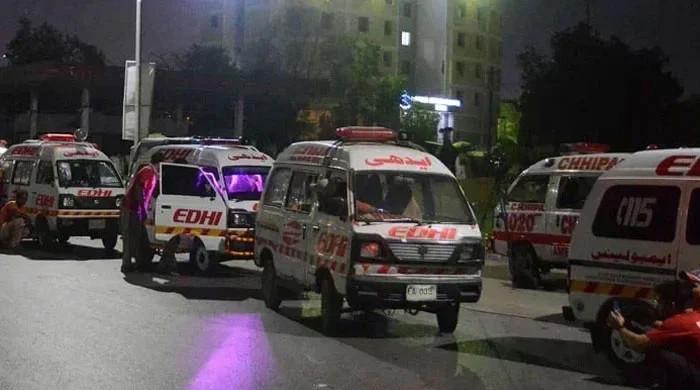Here's how much Fitrana, Fidya you need to pay in Ramadan 2025
CII chairman urges faithful to fulfill their Sadqa-e-Fitr obligations before Eid ul Fitr
February 20, 2025
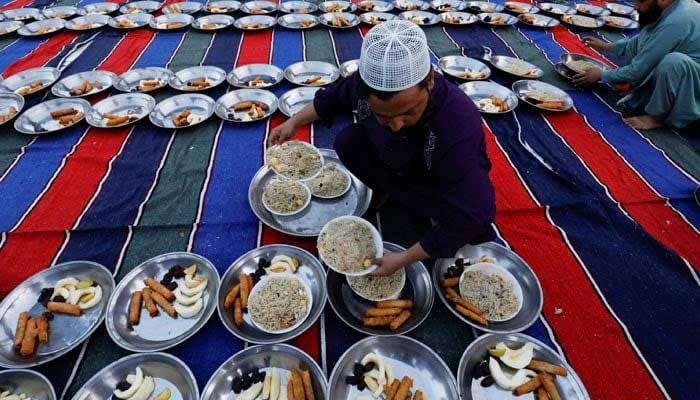
The Council of Islamic Ideology (CII) Chairman Dr Raghib Hussain Naeemi on Thursday announced the prescribed rates for Sadaqa-e-Fitr or Fitrana and Fidya — an obligatory charitable donation that Muslims are required to pay during the holy month of Ramadan — for the current year.
According to the announcement, the minimum amount for Sadqa-e-Fitr and Fidya per person is Rs220.
However, based on different commodities, the rates vary as follows: wheat Rs220, barley Rs450, dates Rs1,650, raisins Rs2,500, and dried grapes (Munqqa) Rs5,000.
Dr Naeemi urged affluent individuals to pay their Sadqa-e-Fitr and Fidya according to their financial capacity, instead of relying on the minimum wheat-based amount.
He emphasised that Sadqa-e-Fitr is obligatory for every Muslim, slave or free, male or female, young or old, who possesses the means. He also encouraged people to pay in accordance with their financial standing so that a larger number of underprivileged individuals could benefit.
Residents of provinces other than Punjab should calculate their Sadqa-e-Fitr and Fidya based on the local prices of the respective commodities.
The prescribed weight for different items is as follows: wheat half Sa’a (approximately 2kg), barley, dates, and dried grapes one Sa’a (approximately 4kg).
For those compensating for 30 missed fasts (Fidya), the total amount is: wheat Rs6,600, barley: Rs13,500, dates Rs49,500, raisins Rs 75,000, and dried grapes (Munqqa) Rs 150,000.
Dr Naeemi further clarified that for those who intentionally break a fast, the Kaffara (atonement) is either fasting for 60 consecutive days or feeding 60 needy individuals two meals a day.
Additionally, individuals who consume government-subsidized wheat flour can also pay Rs160 as Sadqa-e-Fitr or Fidya, he added.
The CII chairman advised the faithful to fulfil their Sadqa-e-Fitr obligations before Eid ul Fitr to ensure that those in need can celebrate the festival with ease.





